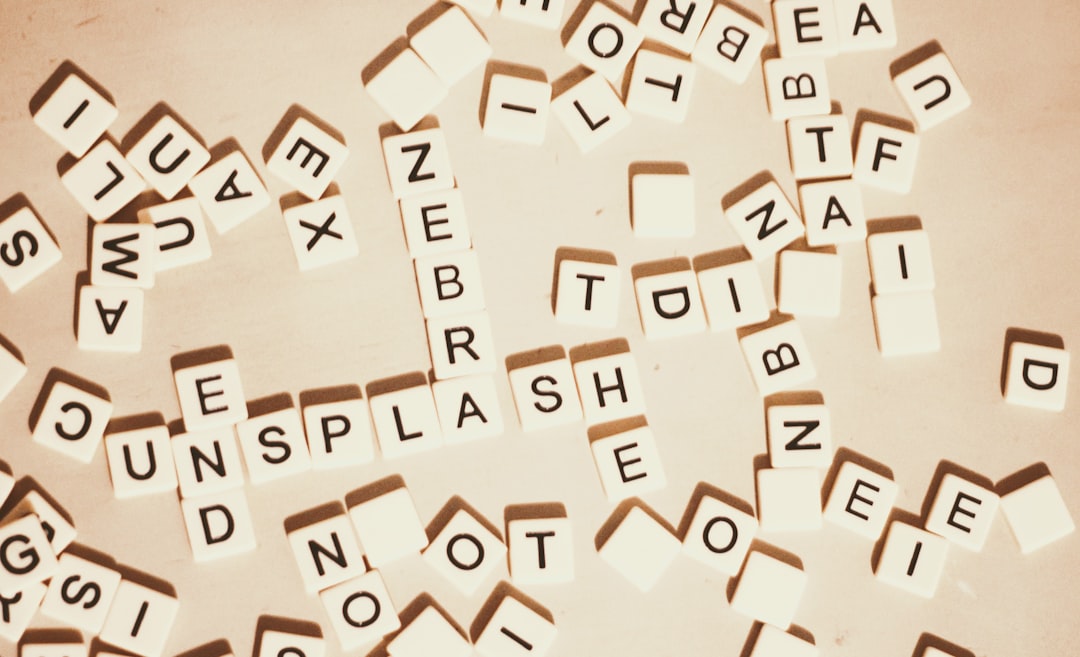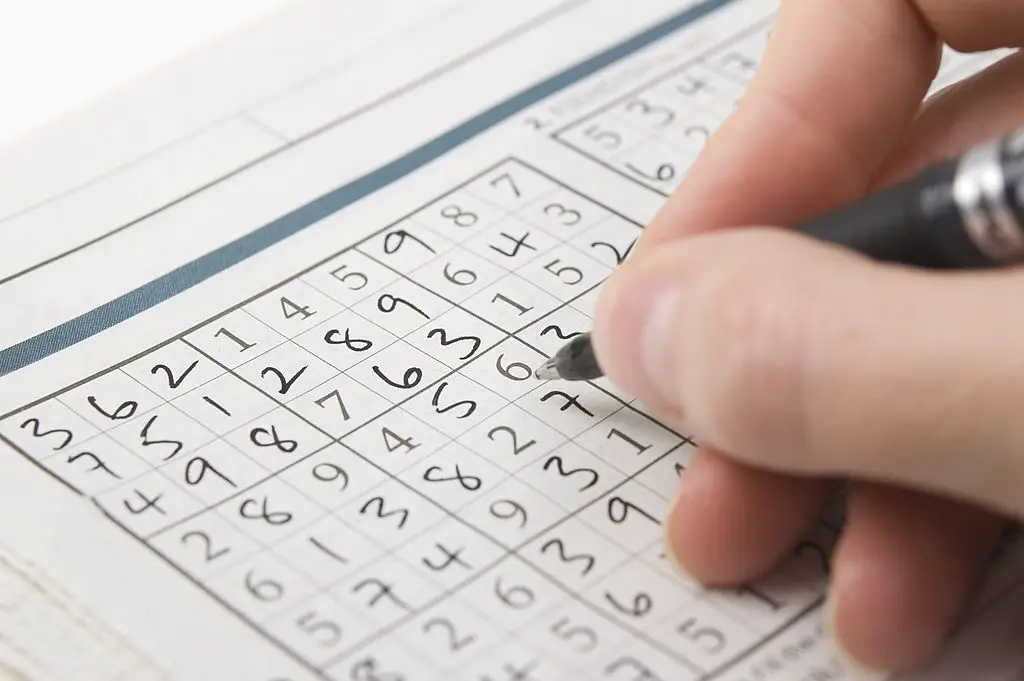Brain-Training Exercises to Master Your Attention Span (No App Required)
Ever catch yourself rereading the same paragraph or letting your mind wander mid-conversation? You’re definitely not alone. With the average adult’s digital attention span plummeting to just 47 seconds, staying focused can feel like a full-time job. The constant ping of notifications and sheer busyness of daily life don’t help either. Even so, science gives us real hope: brains—no matter the age—can be trained for better concentration, and you don’t need any fancy gadgets to start. This list isn’t about chasing perfection or demanding radical change. Whether you’re seeking a little more clarity in your thoughts, hoping to breeze through your next book club read, or just want to enjoy your morning coffee without a dozen intrusive ideas, attention training can help. That's why we've expanded our list of proven exercises are all designed to fit into everyday life, so you can experiment, adjust, and—most importantly—celebrate any progress along the way. Let’s explore approachable, tech-free ways to nurture your focus, patience, and mental clarity—one practical step at a time.
1. Crossword and Word Games: Strengthen Verbal and Working Memory

Word-based puzzles—like crosswords, word searches, and Scrabble—do more than entertain; they actively support verbal fluency and memory as we age. Regular play challenges the brain to retrieve words, spot patterns, and process clues, engaging multiple regions required for focused thought. Research backs their benefits: a 2015 study tracking thousands of adults found that just 15 minutes of cognitive games, five days a week, brought noticeable improvements in concentration and mental skills. Getting started is simple—pick up the daily newspaper, find a book of puzzles at the library, or invite a friend over for Scrabble night. If you’re new, begin with easier puzzles and gradually seek out harder clues. This kind of gentle stretch keeps things engaging, not overwhelming. Even jotting words in a themed word search can help settle mental chatter. Remember, progress isn’t measured in perfect scores, but in staying curious and present. One puzzle at a time, you’re teaching your mind to linger a little longer on the task at hand—a gift at any stage of life.
2. Sudoku and Number Puzzles: Sharpen Logic and Focus

If words aren’t your thing, number puzzles like sudoku offer a powerful alternative for mental stimulation. Sudoku exercises logic, attention to detail, and flexible problem-solving—the very skills that trouble us when our minds dart from task to task. Multiple studies show these activities help keep aging brains nimble, and they’re easily adapted for all skill levels. Choose a puzzle that feels approachable at first (don’t be shy about starting with “easy” on the page), and savor that moment of quiet focus as you fill in each square. The satisfaction of placing the final number is a gentle boost in itself. To keep things sustainable, consider a short sudoku each morning with your coffee, or work through a challenging grid once a week—either method works. There’s no need for perfection. Each puzzle you finish, even with a hint or two, is a small win for your attentional stamina.
